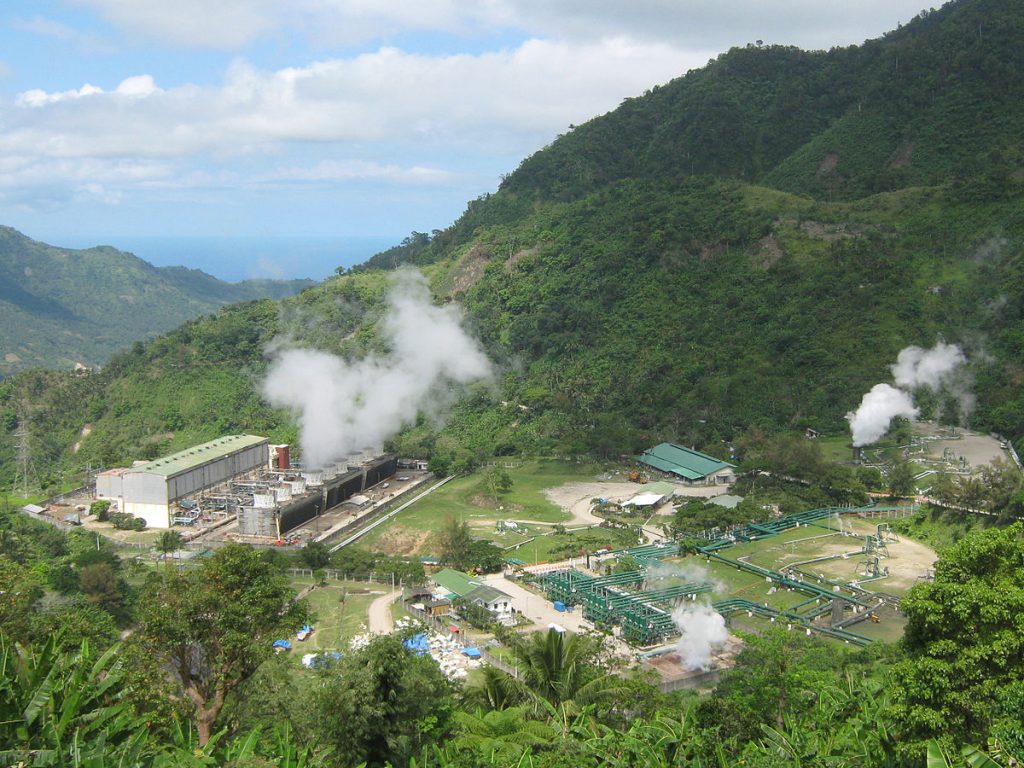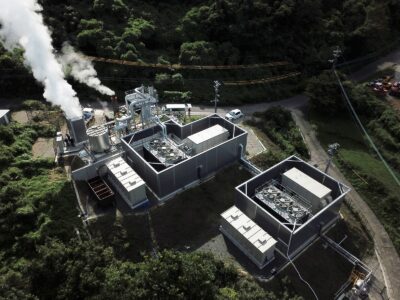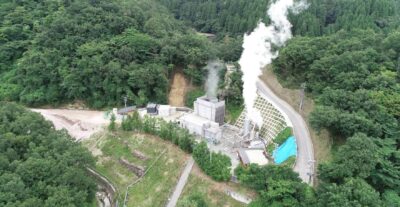Carbon negative through geothermal energy – the interesting story of EDC in the Philippines
With its focus on clean energy building largely on geothermal power generation, Energy Development Corp. in the Philippines has been able to work in a way that allows it to run with much less carbon intensity, essentially being a carbon negative business.
A news article published this week in the Philippines, highlights how the country’s Energy Development Corp. (EDC) manages to be carbon negative mostly due to its geothermal energy operations in the country.
As an energy company, it is likely not surprising that EDC has seen no energy consumption reductions as per GRI Content Index of Energy Development Corporation’s (EDC) 2018 Sustainability Report.
Looking at the sustainability of the business it is likely. better to look at how how the company ensures access to “affordable, reliable, sustainable and modern energy for all” or the seventh Sustainable Development Goal (SDG) of the United Nations (UN), so PhilStar.
EDC is the largest 100% renewable energy company in the Philippines with 44 years of world-renowned expertise in geothermal technology, operating 1,181 MW of geothermal, 150 MW of wind, 132 MW of hydroelectric, and 12 MW of solar — for a total of 1,475 MW of clean and renewable energy.
As of 2018, it had generated total energy sales of 8,945.3 GWh while avoiding 7,782,411 tons CO2 (based on EDC’s 0.1 ton CO2/MWh intensity).
The company has been pushing its green initiative as announced in 2016, with the announcement of the company to not invest in coal power generation any more and focus on clean energy, by Federico Lopez, chairman and chief executive officer of EDC. In 2017, the company adopted the First Philippine Holdings Corp. (FPH) Sustainability Framework, which is “focused on system value and acknowledges that our business can only grow and prosper if the ecosystems and natural resources on which we depend also grow and prosper.”
Cleaner, renewable and more efficient—and when extracted and processed using high-efficiency technology—geothermal energy promises to be the future’s most sustainable and powerful energy source.
For emission intensity, EDC measures the emission rate of a given pollutant against the MWh of energy generated. In 2018, the company retained its carbon intensity of 0.10 ton CO2 equivalent per MWh as there were no significant changes in the carbon intensity per facility. This carbon intensity is only a tenth of the carbon intensity of an average coal power plant, which has a carbon footprint of 0.97 tons CO2 equivalent per MWh.
“Our effective emissions management mechanisms, coupled with our nationwide greening program, has allowed EDC to maintain its carbon negative status. We remain a carbon negative company as the vegetation in our geothermal reservations absorbed close to five times the amount of our CO2 emissions in 2018,” the report said.
EDC’s forest protection and restoration initiatives resulted in the capture and storage of carbon at a rate of more than 1.1 million tons annually, equivalent to 3.9 million tons of CO2. The company protects and manages four geothermal reservations, which cover close to one percent of the country’s land area.
To better manage its operations, EDC implements a Zero Discharge System (ZDS), where all the geothermal water extracted, such as brine and condensate, are reinjected back to the geothermal reservoir after they have been used to generate power. Through this system, EDC avoids the contamination of water resources while sustaining its geothermal reservoir.
Understanding the repercussions of coal and pondering on geothermal is half the battle of searching for alternative energy sources for the future. Choosing the latter and ensuring an efficient system with minimum environmental impact finishes the fight.
Source: PhilStar


















